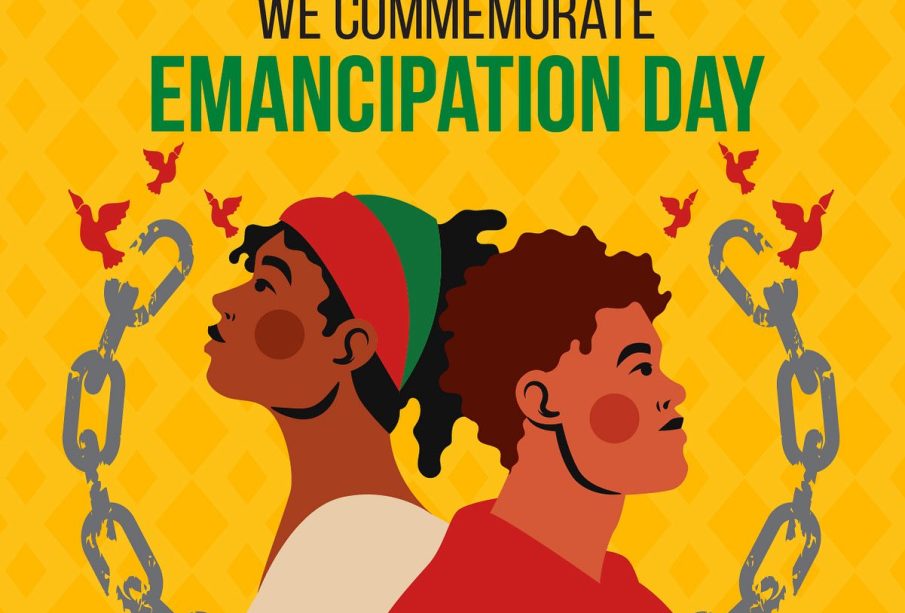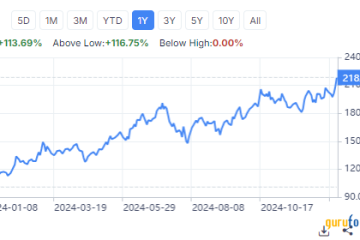Understanding Emancipation Day in Canada

Introduction
Emancipation Day marks a crucial moment in Canada’s history, signifying the abolition of slavery and the ongoing struggle for equality. Celebrated on August 1st, this day commemorates the Slavery Abolition Act of 1833, which came into effect across the British Empire. The significance of Emancipation Day has gained renewed attention in recent years, reflecting society’s commitment to addressing systemic racism and honoring the contributions of Black Canadians.
Historical Background
The roots of Emancipation Day trace back to the gradual end of slavery in Canada, which was officially abolished in 1834. Before this, many enslaved individuals had sought refuge in Canada, with the promise of freedom and a better life. The day not only remembers those who suffered under slavery but also celebrates the resilience and achievements of their descendants. In 2021, the Government of Canada officially recognized August 1st as Emancipation Day, providing an opportunity for nationwide reflection and acknowledgment of the historical injustices faced by Black communities.
Current Celebrations and Activities
In recent years, various events have been organized across the country to celebrate Emancipation Day. These include parades, educational workshops, and cultural festivals, facilitating community engagement and awareness. Organizations and local governments have offered activities that foster understanding of the heritage and contributions of Black Canadians. Social media campaigns have also played an instrumental role in increasing visibility and participation, with individuals sharing their stories and reflections on what freedom and equality mean to them.
Conclusion
Emancipation Day serves as a pivotal reminder of the need for ongoing dialogue and activism concerning racial equality and justice. As society grapples with its historical context, the observance of this day emphasizes not just remembrance, but also a commitment to the future. By understanding and valuing this day, Canadians can strengthen their resolve to work collectively against racism and discrimination while fostering inclusivity and equality. As celebrations continue to grow, it is essential for future generations to carry forward the lessons learned from history, ensuring that the struggle for freedom and equality remains a relevant and active part of Canadian culture.









